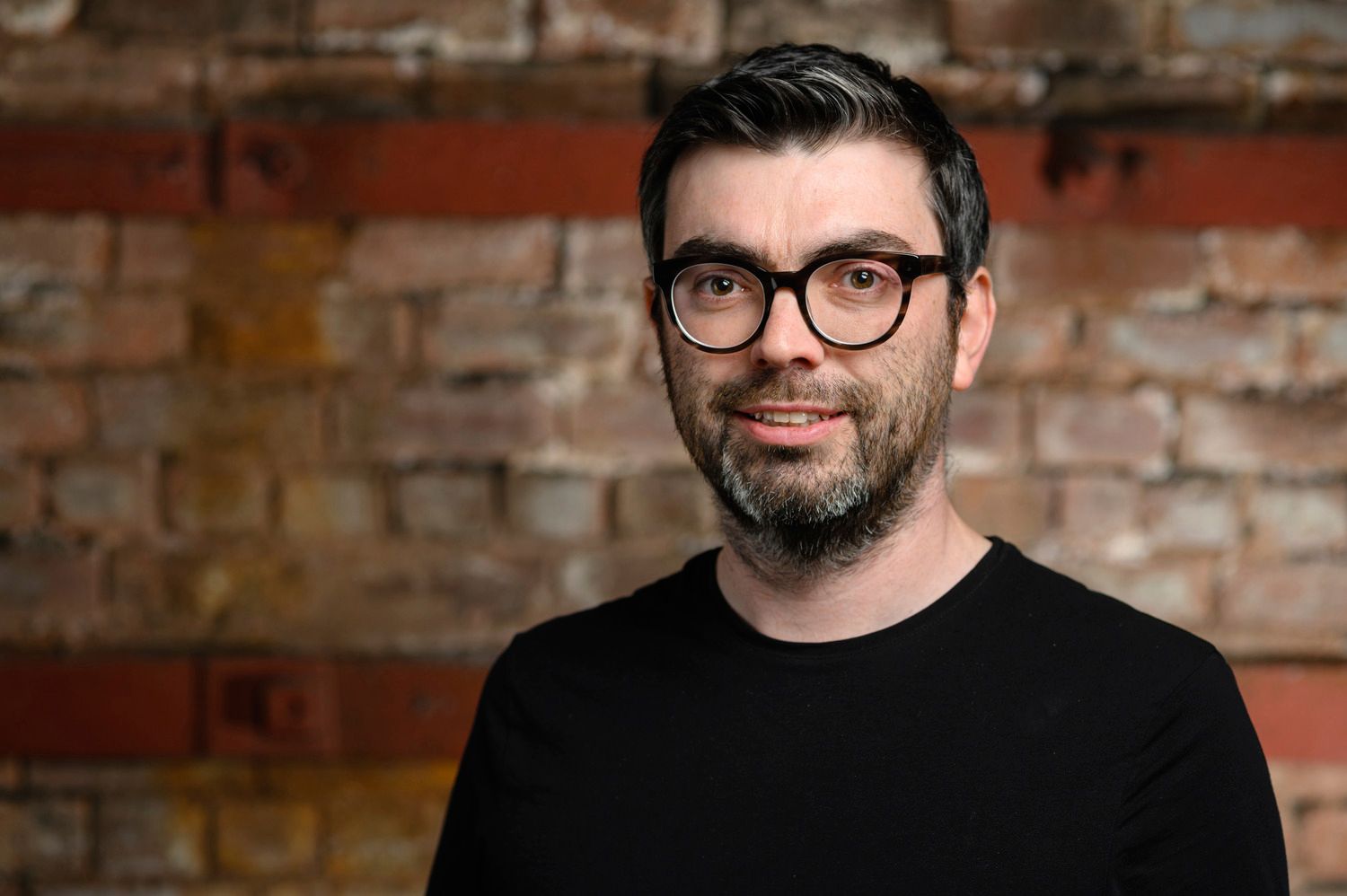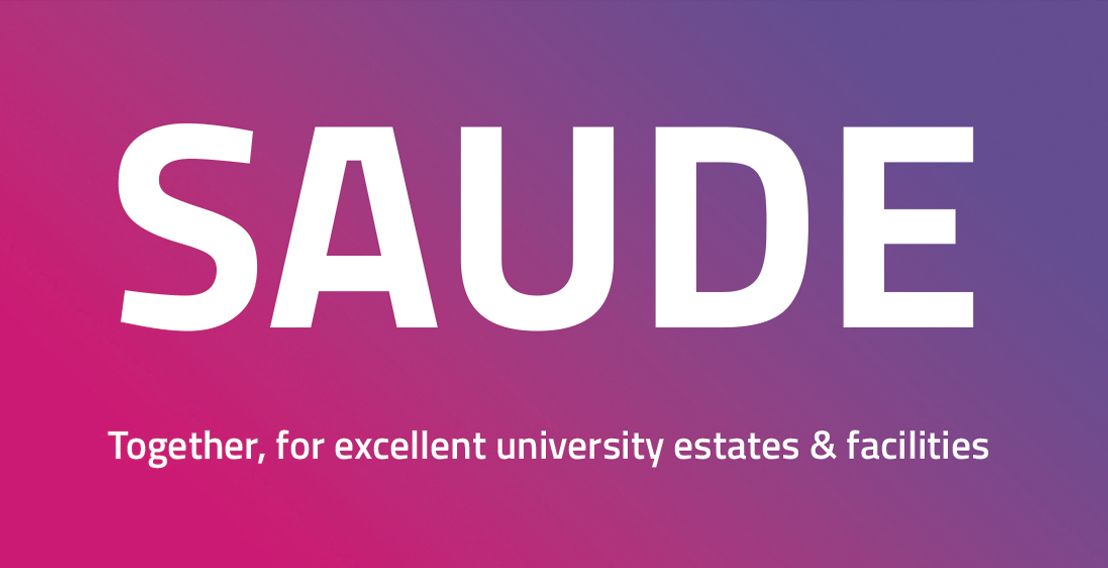Sustainable Estate
Tackling Climate Mitigation and Resilience at Scale
Ross Barrett, Design Director, HLM & David Charles, Head of Climate Operations, University of Strathclyde
Sustainability and social responsibility are at the core of the University operations and strategic development policies, recognising its impact and potential to influence the environment and lives of its students, staff and neighbours in a local, regional, national and global context. More recent events in terms of Climate Change, Climate Emergency and Net Zero national policies have seen key elements of the University strategy and vision targets be re-cast.
The new National Manufacturing Institute Scotland (NMIS) is set to be one of Scotland’s leading Institutes with a high public profile. NMIS seeks to be innovative, ambitious, collaborative and bold in creating a sustainable building using clean, low carbon infrastructure to meet the climate action ambitions of the University, Renfrewshire Council, Scottish Enterprise, Salix Finance, the Scottish Funding Council and the Scottish Government.
The development creates a centre of excellence, not only for industrial innovation but also to exemplify solutions that enable development, societal benefit and also tackle climate change mitigation at scale.
In this session, David Charles from the University of Strathclyde supported by Ross Barrett of HLM Architects will talk about how the work at NMIS responds to the University’s policy commitment, and how it set out to develop a set of clean, innovative, and low carbon solutions that mitigate and adapt to climate change.
The recently completed development is designed to operate without the use of fossil fuels for its energy generation, instead making use of 100% renewable energy, in effect being energy carbon neutral in operation and resilient to the changing climate. The development exemplifies the University’s vision and values and innovates in all that it does, its design delivers a range of climate mitigation and adaptation solutions, and it aligns and positively influences the wider AMIDS site and beyond.
Building the Intelligent Campus
James Clay, Jisc
Universities and colleges spend billions on their campuses, yet they are frequently underutilised and are often a frustrating experience for students. In this session, James Clay will describe the campus of the future. How does a traditional campus become a smart campus? What are the steps to make a smart campus, an intelligent campus? The intelligent campus builds on the smart campus concept and aims to find effective ways to use data gathered from the physical estate and combine it with learning and student data from student records, library systems, the virtual learning environment (VLE) and other digital systems. This session will describe what data can be gathered, how it can be measured and explore the potential for enhancing the student experience, achieving net zero, improve efficiency, and space utilisation. It will demonstrate and explain to the delegates what the exciting future of the intelligent campus. James will also ask delegates to consider the ethical issues when implementing an intelligent campus as well as the legal requirements.


.png)





.png)
.png)
.png)

